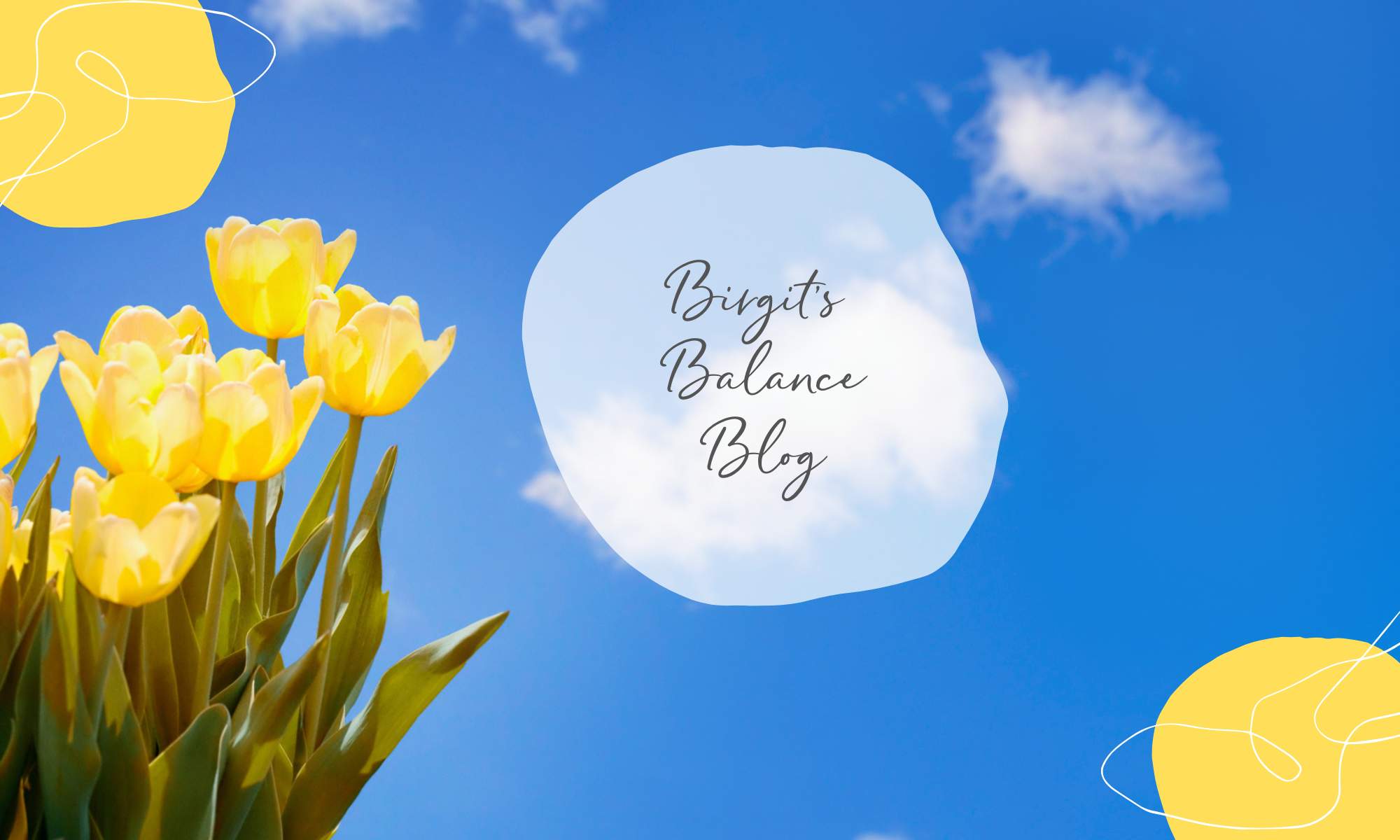
Routine
NOUN
1. the skill which a person has acquired through long practice
2. something that has become a habit through continuous application
3. something that is executed without spirit and no longer has much meaning
Is it good or bad, the routine?
Depending on context, routine is perceived as negative or helpful.
If we have developed a routine for a certain procedure, we no longer have to put energy into decision-making processes. Everything goes by itself. (e.g. the sequence from the ringing of the alarm clock to leaving the house in the morning, driving a car, brushing your teeth …).
If we succeed in integrating good habits into our lives through routines – e.g. doing sports twice a week or meditating for 10 minutes every morning – we can even improve our health and quality of life.
Developing routines means optimising processes, making them more effective and predictable. Routines help us to put our lives in order and also give us a certain amount of security (which is why we find it so difficult to let go when change is imminent).
But too much rountine can also make us unhappy. Even when we have succeeded
in integrating into our lives, through discipline and routine, everything that we think makes us happy and feel good, we still feel an emptiness and boredom. We are wondering how comes that we have it all and are still not happy?
But if all routines have to be checked off on our To-Do-List first before we are “free” (= nothing planned), the latter often does not happen.
The habit that once made us happy has become a duty on our list and changed its nature and quality.
Furthermore, living, the excitement of the new, the unpredictable, the challenge is missing.
Our brain is a problem-solving machine – and where there is no problem, there is no happiness through the experience of success. And in order for our problem-solving-machine to keep its functionality, it starts to look for problems – and to get upset, for example, about tiny things that are not really of big importance when we look at them from a distance.
So how can we keep a good balance between healthy routine and stimulating challenge?
The following four steps may help:
- Rethink your routines – look at your routines from time to time from a distance. Are they all still appropriate and suitable? Does they still make sense? Or is it time to change something here and there? Just because we have “always done it this way” doesn’t mean it is still appropriate.
- Treat yourself to a “F… off day” – Allow yourself a day of going with the flow and only doing what you really want to do.
- Consciously break some routines – do something crazy! Walk backwards, dress against your routine or eat something you have never tried before.
- Find a new challenge – learn something new or start a hobby, preferably one that takes you out of your comfort zone.
“If you think adventure is dangerous, try routine: it’s deadly.”
Paul Coelho
Surprise yourself and have fun!
Birgit
